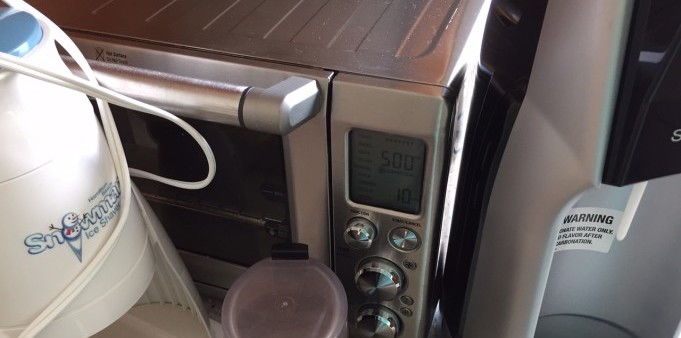Unwanted consumer electronics – cell and smart phones, computers and monitors, televisions, DVD and MP3 players, pagers, PDAs and other devices – are the fastest-growing category of waste in Massachusetts. Until recently, Bay Staters were discarding an average of more than 900,000 units annually.
Non-working electronics should be recycled to prevent lead, mercury and other toxics they contain from posing health and environmental risks after disposal. Some electronics – the cathode ray tubes (CRTs) found in most computer and television screens pre-dating flat panels – are banned from Massachusetts landfills and combustion facilities.
Donation and Reuse Options
- Goodwill Industries
Lists Goodwill Industries locations that accept donations of newer televisions and computers. - National Cristina Foundation
Accepts donated computers to give to people with disabilities and others at risk.
For Drop-off and mail-in programs
Donating or recycling our old electronic devices conserves natural resources and avoids air and water pollution, as well as greenhouse gas emissions that are caused during the manufacturing process. Recycling one million laptops saves the energy equivalent to the electricity used by more than 3,500 US homes in a year. And for every million cell phones we recycle, 35 thousand pounds of copper, 772 pounds of silver, 75 pounds of gold and 33 pounds of palladium can be recovered.
Before Donating or Recycling Your Used Electronics, please:
- Consider upgrading your computer hardware or software instead of buying a new product.
- Delete all personal information from your electronics.
- Remove batteries from your electronics, they may need to be recycled separately.
For more information visit the EPA’s recycling website.



Recently on Twitter